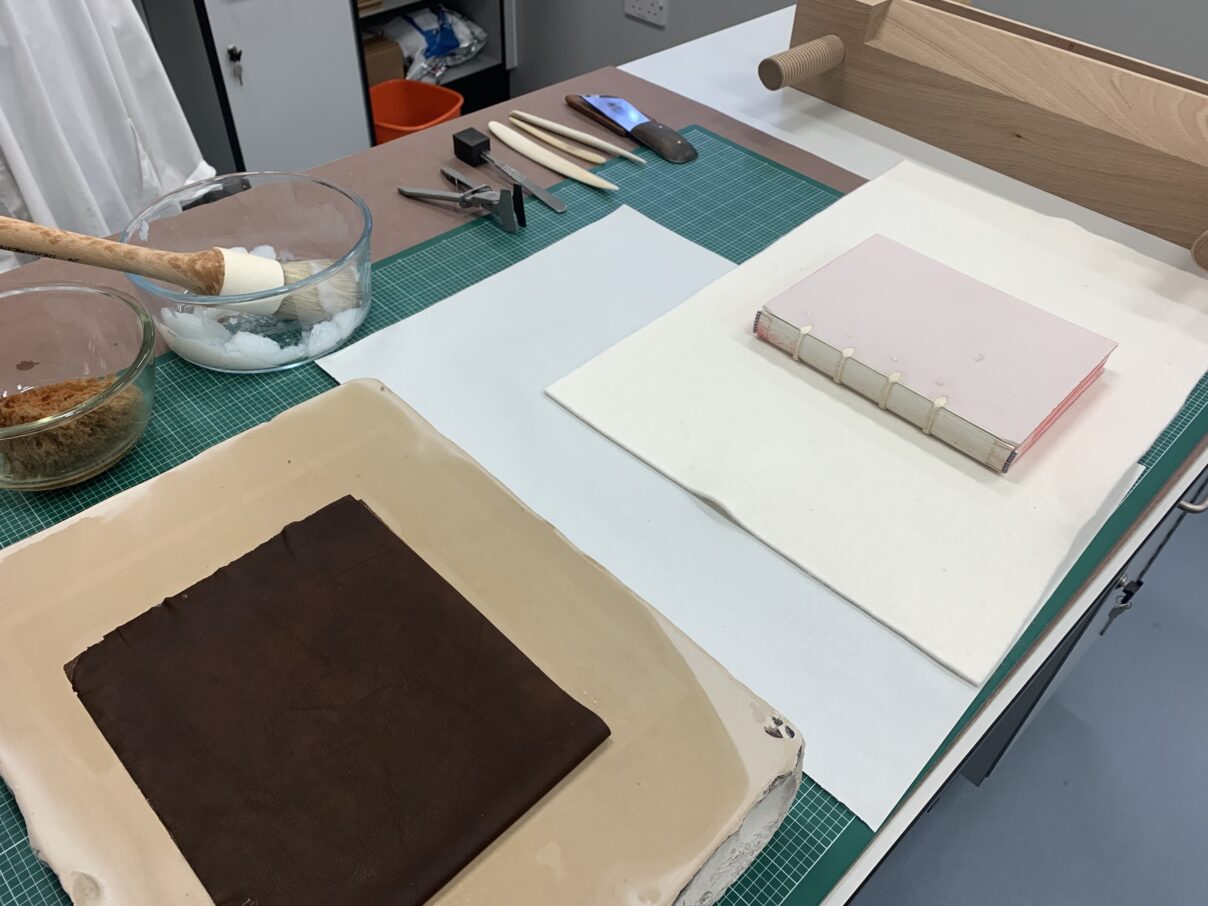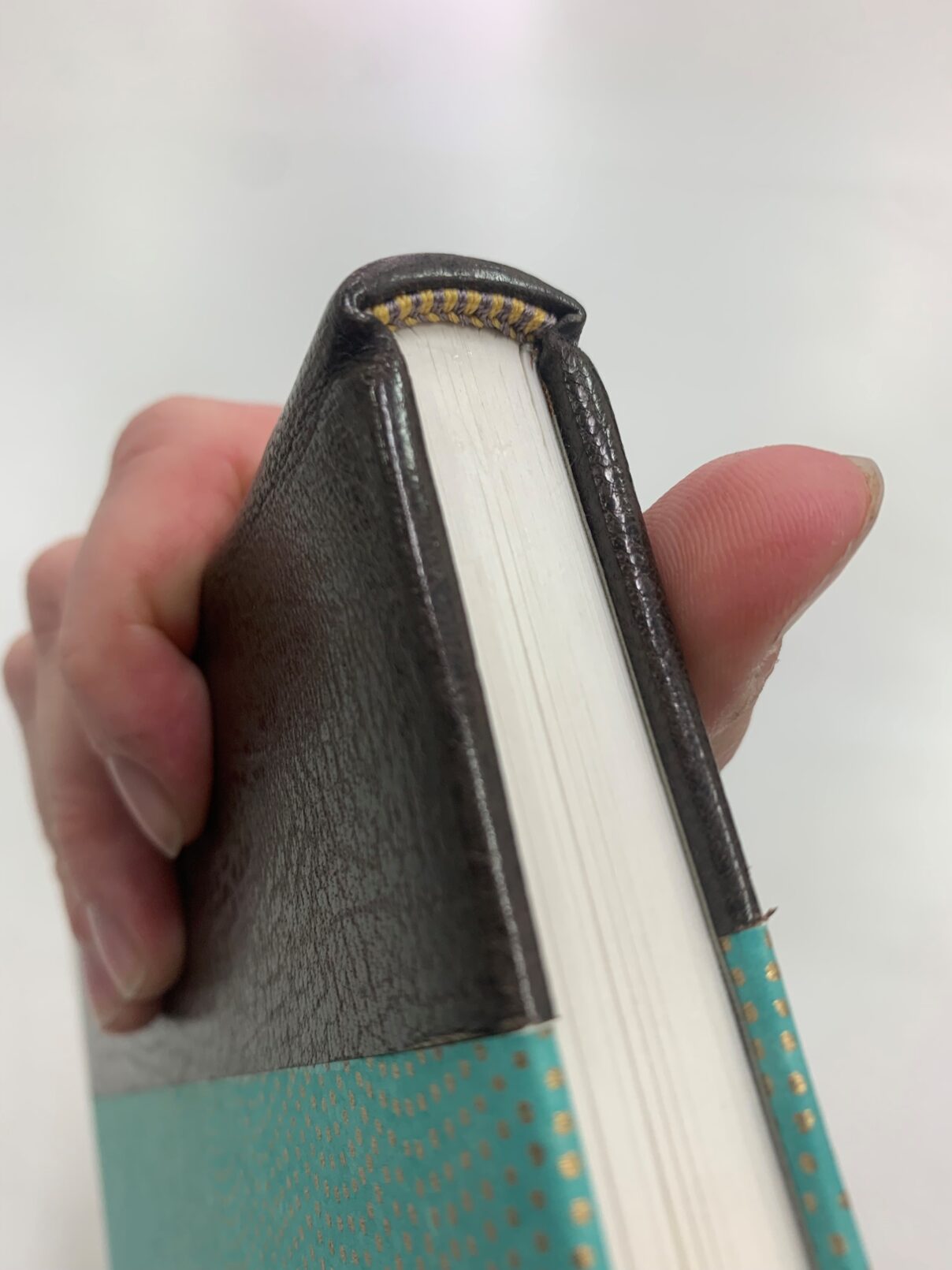Binding the Bard: The Newcomer Prize
Breaking into the designer bookbinder scene isn’t always the easiest path. Training is expensive. Tools and materials are expensive. Hand skills take time and patience to learn, and a personal style takes time and patience to develop. That’s why we felt it was so important to create the Newcomer Prize as we designed the Binding the Bard competition. We want to make new binders feel welcome and appreciated in our competition.

The Newcomer Prize is a £500 cash award for individuals who started binding within the last 3 years or have never entered a bookbinding competition before. All entrants to the competition, including Newcomers, are eligible for the first (£3,000 cash award plus £5,000 commission), second (£2,000 cash award), and third prize (£1,000 cash award). Newcomers will also be eligible for the popular vote (£250 cash award), which will be determined by visitors to the bookbinding exhibition held at Palace Green Library in conjunction with an exhibition of the library’s copy of Shakespeare’s First Folio.
We all know how bookbinding is perceived in the wider populace—it’s considered a dying art. I’ve been a bench trained bookbinder for over a decade, yet how many aunts and uncles have nudged me at the family barbeque to ask if them buying a Kindle is going to put me out of business? “Old books are only going to get older,” I say when wearing my conservator hat, “and fine art is never going to be the same as a print you can pick up at the corner bookshop,” I say when wearing my designer bookbinder hat. It always feels a little discouraging though, despite the fact that I’m decently established in my field.
Nobody gets into bookbinding because it’s an easy profession. We’re all here because we love it, have struggled to find it, and work hard to remain in it. New bookbinders are what keeps our field alive, exciting, and new. They have artistic vision and know that binding is the only way they’ll be able to express themselves satisfactorily. I have seen such extraordinary work from new binders; I’m frequently taken aback by it.
Durham University is all about inspiring the extraordinary, and we hope through this Newcomer Prize to see extraordinary submissions from the exceptional students and emerging bookbinders who have been drawn to this field. So if you’re new to the bookbinding field, we hope you enter our competition; we’re excited to see your submissions! May your covering go smoothly and your endcaps be crisp!

